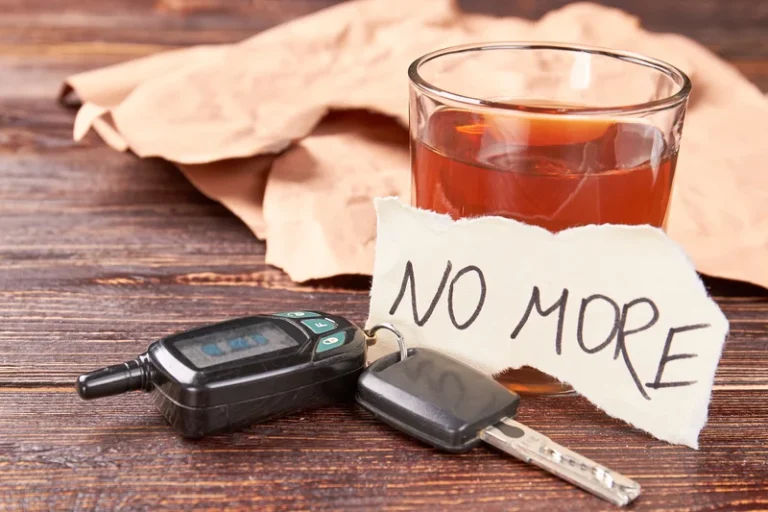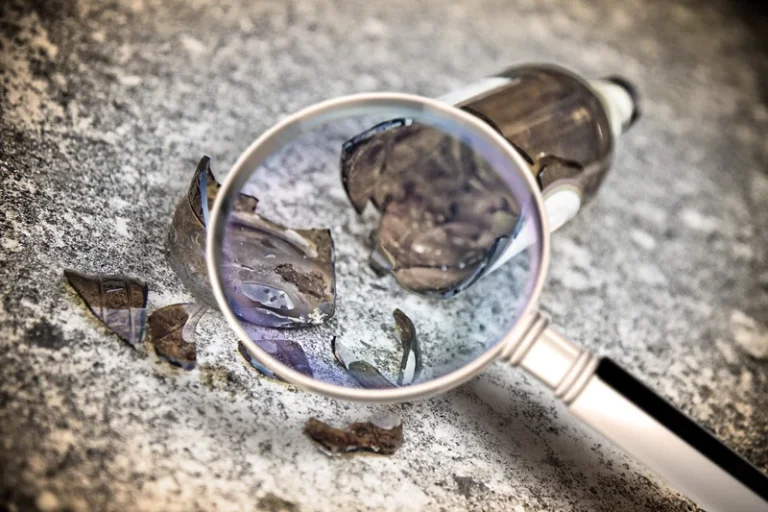Stages of Alcohol Detox: What Happens to Your Body

Talk to your doctor about which options might be suitable for your needs. By participating in behavioral therapy and counseling, individuals gain valuable tools and support to maintain sobriety and navigate the challenges of daily life. These therapies are tailored to each individual’s unique needs and provide a foundation for long-term recovery. The stages of alcohol rehabilitation provide a roadmap for individuals on their journey to recovery. Each stage serves a specific purpose and builds upon the previous one, creating a solid foundation for lasting change. The endpoint is voluntary control over use and reintegration into the roles and responsibilities of society.
Supportive Networks and Aftercare Programs
Effective, evidence-based treatment can help and recovery is possible. At Discover Recovery, we work with a wide variety of health insurance providers so those in need can get access to the treatment they need. That means you (or your loved one) won’t have to worry about covering the cost of treatment. Instead, all of your energy and focus can be spent where it’s really needed, which is on overcoming addiction.

How to Find Drug and Alcohol Addiction Treatment Near Me
- As individuals continue to drink alcohol over time, progressive changes may occur in the structure and function of their brains.
- In the action stage, people have chosen an approach to sobriety and they’re executing it.
- Alcoholism also increases the risk of unsafe sexual behavior, motor vehicle accidents, drowning, and injuries from falls and violence.
- They also address questions related to financing the group and managing public relations.
During this time, it’s helpful for loved ones to make themselves available for honest, nonjudgmental conversations. The decision to move toward recovery can feel overwhelming and the support of family and friends is often a crucial factor in helping someone take the next step. It’s easier to walk down a difficult path if you know where it leads. The recovery process takes time, effort, willpower and support, but the sober life at the end is worth it. However, it can be easy to get discouraged along the way, which is why addiction experts have created a model that can help you visualize a path to recovery.
- According to the National Institute on Alcohol Abuse and Alcoholism (NIAAA), recovery is a process that involves remission from AUD and quitting heavy drinking for good.
- Individuals should be prepared to be uncomfortable during this period and have medical help available if needed.
- In the journey of alcohol recovery, Stage 3 involves detoxification and managing withdrawal symptoms.
- They’ll be weighing the pros and cons of quitting and might be more receptive to information about their addiction than they were in Stage One.
- In many situations, patients will receive small amounts of medication to ensure that any withdrawal symptoms are mitigated as withdrawing from alcohol without medical assistance is dangerous.
- Adherence to an after-care plan is crucial in maintaining recovery progress.
The Importance of Alcohol Rehabilitation
When you stop drinking, you’re left without any natural or substance-induced moderation, which causes heightened anxiety, restlessness, and racing thoughts. This can be a significant challenge in the first month, but with time, your brain will restore your natural moderation system and your anxiety will lessen. To learn more about the relationship between alcohol and anxiety, read why you feel anxious when you quit drinking.
The stages of alcohol recovery
You’ll find that what you’re experiencing is normal, and most likely, an indicator of progress towards treating alcohol dependency (even if it doesn’t feel that way yet). There’s a lot of lying to others when you try stages of alcoholic recovery to hide a problem like AUD, but you may not have been truthful with yourself, either. Acknowledge the misuse to yourself as well as your support group, your family, and the medical professionals you’re working with.

Understanding Motivation and Behavioral Change: The Stages of Change Model

It can also help teach people to feel empowered in their lives and reach their full potential. Developing effective coping mechanisms is essential for individuals in the maintenance stage of alcohol recovery. Coping mechanisms are healthy strategies that individuals can utilize to deal with stress, triggers, and challenging situations without resorting to alcohol. By developing and practicing these coping mechanisms, individuals can strengthen their resilience and reduce the risk of relapse. Challenges at this stage of treatment include cravings, social pressure to drink, and high-risk situations that can trigger alcohol consumption. It is during this early abstinence stage that your trained addiction counselor will begin to teach you the coping skills that you need to lead a sober lifestyle.
- Call us today to find out how we can help you overcome your alcohol addiction and hold your hand every step of the way as you detox from alcohol.
- If you feel that any of our content is inaccurate, out-of-date, or otherwise questionable, please contact at
- Depending on the severity of your addiction, the following withdrawal symptoms can manifest when you quit alcohol.
So, if you drink 10 beers a day, reduce it to 9 beers on day 2 of your alcohol detox and so on. You can also try switching to lower strength drinks instead of stronger ones. Someone in the maintenance stage is maintaining the good habits they learned in the action stage while continually learning new sobriety techniques and coping skills. They are enjoying the https://ecosoberhouse.com/ benefits of their newfound sobriety while taking steps to maintain it in the long term. They are rationalizing, denying, and hiding their abusive behavior, although they are currently experiencing the negative impact of their addiction. Cirrhosis of the liverOur liver filters out harmful substances, cleans our blood, stores energy and aids in digestion.
As we wrap up our journey through the stages of change in addiction recovery, let’s take a moment to recap. The path to addiction recovery is a transformative journey, one that unfolds through distinct stages of change, each presenting its own challenges and opportunities for growth. This journey, while deeply personal, follows a pattern that has been observed and studied by researchers and clinicians for decades. Understanding these stages can be a powerful tool for those struggling with addiction, as well as for their loved ones and healthcare providers. Detox is a process that involves getting the substance out of your body, after which you can begin the recovery process in earnest.


